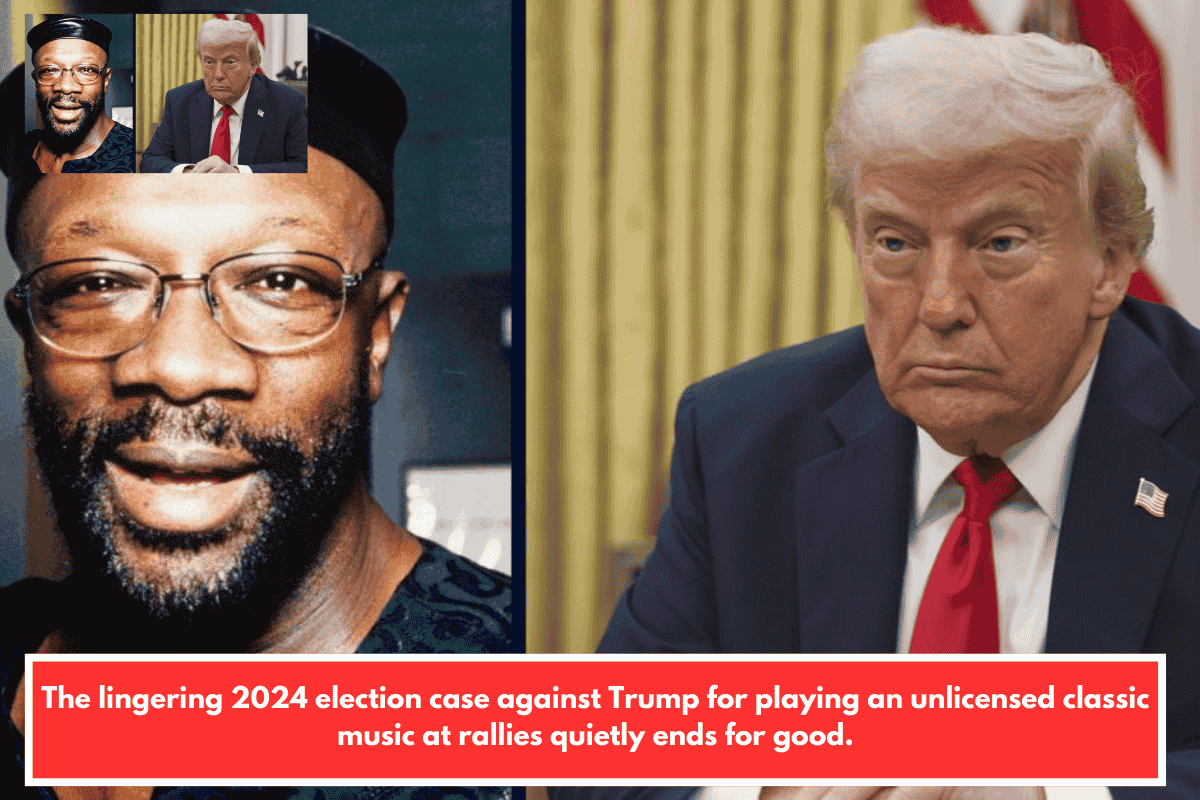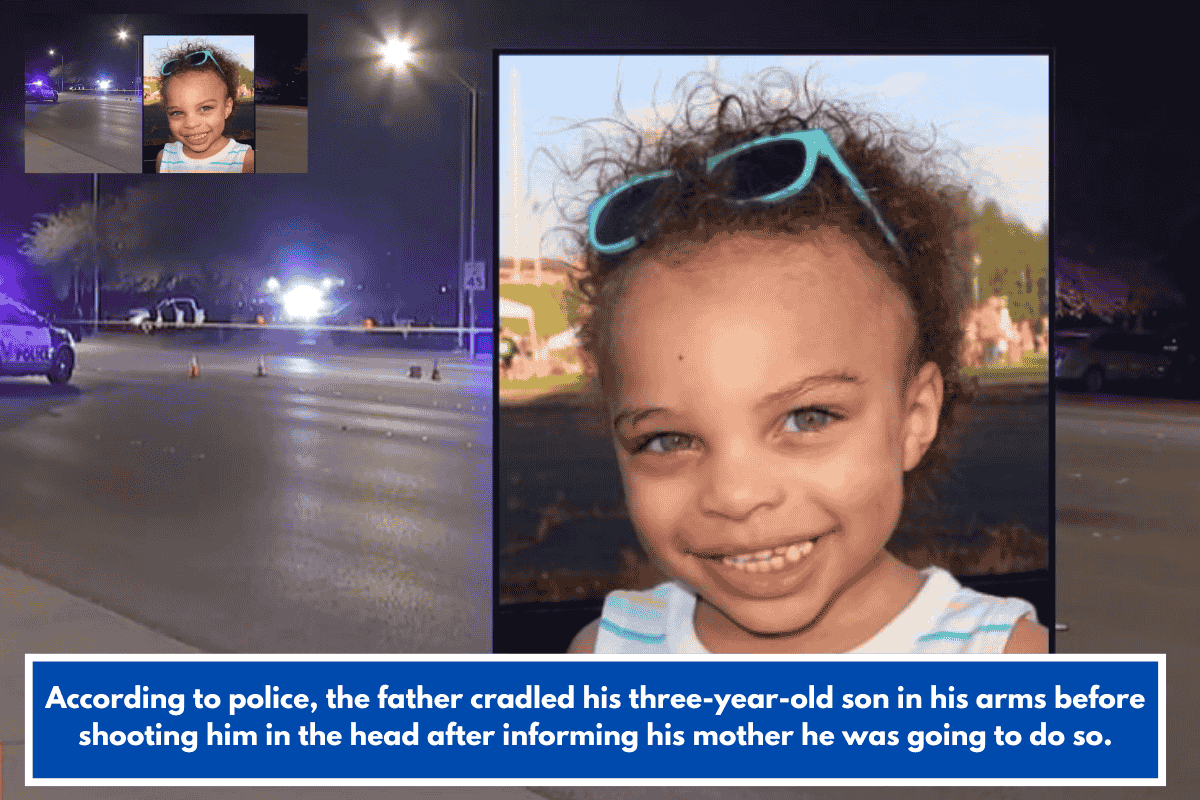In a troubling development for international academics, a University of Houston (UH) assistant professor is among several foreign scholars who recently had their visas revoked. The university confirmed the situation Tuesday, stating that Dr. Hyeongseon Jeon, who taught an upper-level mathematics course titled Statistics for the Sciences, has been directly impacted and will no longer be able to continue teaching this semester.
This incident adds to a growing list of visa terminations affecting international scholars and students across Texas and beyond, creating widespread concern in the academic community.
What Happened at the University of Houston?
Dr. Jeon, whose academic background includes a postdoctoral fellowship at Ohio State University (from September 2022 to June 2024), joined UH in the fall of 2024. According to a university statement, his SEVIS (Student and Exchange Visitor Information System) visa was unexpectedly terminated due to his recent transition from student to faculty status.
On Sunday, Dr. Jeon notified his students that he had to leave the country immediately, apologizing for the sudden disruption in their coursework. The remainder of his class will now be taught by a different instructor.
What Is SEVIS and Why Does It Matter?
SEVIS is a federal database used by the Department of Homeland Security to track international students, exchange visitors, and scholars. If a record in SEVIS is terminated, the individual immediately loses their legal immigration status in the United States—even if their visa is technically still valid. This often results in forced departure from the country.
For faculty members like Dr. Jeon, a SEVIS termination means they must leave the U.S. right away and may not be allowed to return unless the issue is resolved through proper legal channels.
Why Are Visas Being Revoked?
Initially, the Trump administration cited national security concerns as the reason behind these visa terminations, specifically targeting international students who were reportedly involved in protests related to the war in Gaza. Over time, the justification has broadened to include minor legal offenses, including even outdated or minor misdemeanor charges.
Immigration attorneys now say the policy’s scope is wide and unpredictable, making many international scholars feel vulnerable, even if they have complied with all visa rules.
How Widespread Is This Issue?
According to Texas Tribune data, over 252 international students across Texas have had their SEVIS records terminated in recent months. The impact stretches beyond UH, affecting major institutions like Texas A&M University, Rice University, and the University of Texas at Austin.
At UH alone, international students account for about 11% of the total enrollment—more than 5,000 students out of nearly 48,000. Though officials described the number of affected individuals as “small,” the ripple effect has raised fears and led to calls for better protection of international academics.
UH Community Response
The visa termination and sudden departure of Dr. Jeon has sparked concern among students and faculty. Recently, some UH students have even called for the university to offer sanctuary policies to protect students and staff from unexpected immigration enforcement.
This is not an isolated case, and many institutions are now facing difficult questions about how to support their international community while navigating federal policies that can change abruptly.
What Happens Next for Affected Scholars?
Dr. Jeon mentioned he would return to South Korea immediately to resolve his immigration situation. Unfortunately, once someone’s SEVIS record is terminated, their return to the U.S. is uncertain and depends on complex legal and administrative processes.
Meanwhile, universities continue to monitor and respond to these incidents, hoping to avoid further disruption to education and research.
The sudden visa termination of University of Houston professor Dr. Hyeongseon Jeon reflects a larger issue affecting international students and faculty across the United States. With policies tightening and visa statuses being reviewed under broader conditions, academic communities are left uncertain and concerned. The situation underscores the fragile nature of immigration systems tied to education and the urgent need for clear, fair, and supportive measures to protect global scholars who contribute significantly to U.S. research and teaching.














